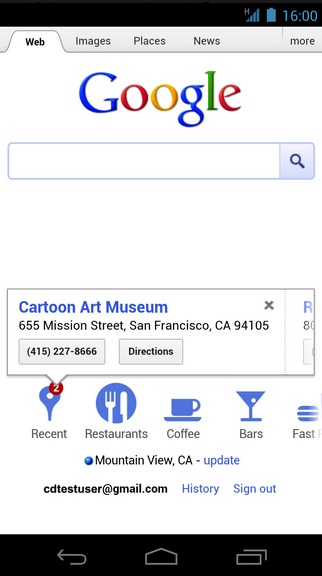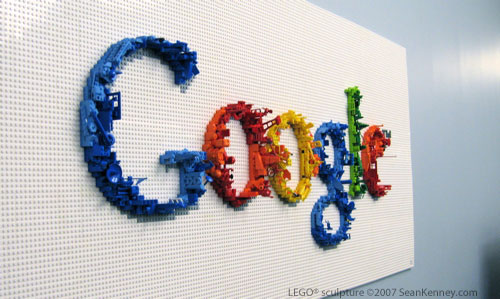A couple of months ago, The Wall Street Journal raised a huge stink when they reported that Google was tracking millions of iOS & Mac Safari users against their wishes using a loophole in the way that Safari’s cookie handling algorithm.
Google on its parts always said it had done nothing wrong, and used known functionality in Safari to make sure their advertising cookies were always stored locally on users’ machines, even if their cookie settings were set to private. Looks like that might not have been enough for the FTC, though, who are now looking to start doling out fines to Google over the issue.
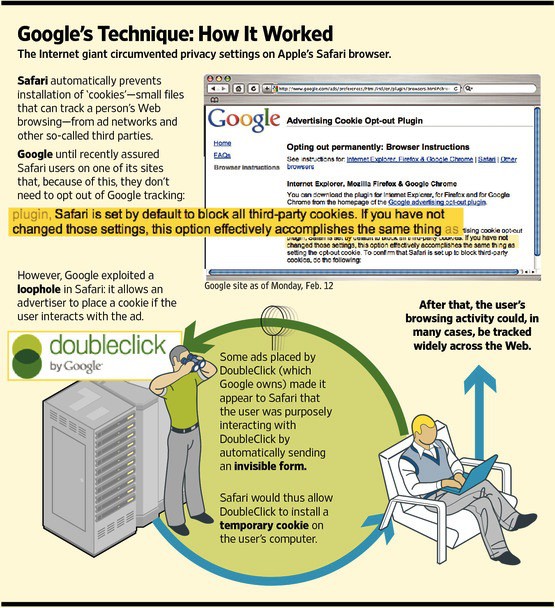


![Jon Stewart Talks About Google’s Glasses And Facebook’s Purchase Of Instagram [Humor] post-160524-image-680f39a0145432deb01b84e527cef7e0-jpg](https://www.cultofmac.com/wp-content/uploads/2012/04/post-160524-image-680f39a0145432deb01b84e527cef7e0.jpg)
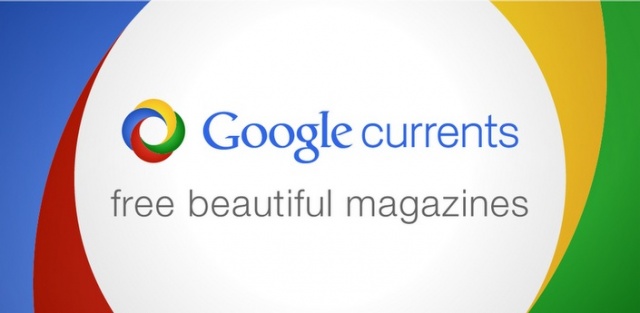
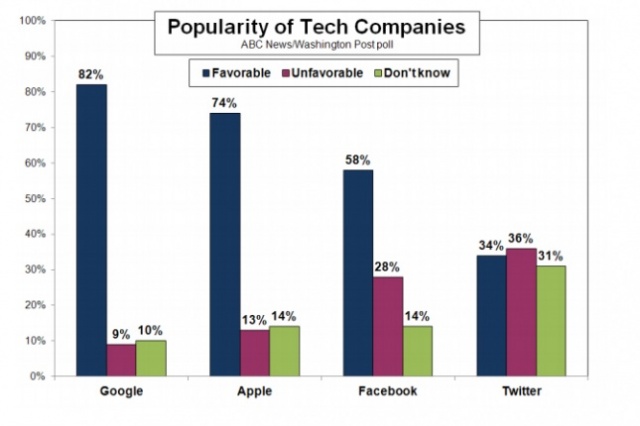
![Banjo Social Network Aggregator Adds Instagram, But Fails To Impress [Review] Banjo is busy, and shows me rather a lot of strangers](https://www.cultofmac.com/wp-content/uploads/2012/04/banjo.jpeg)

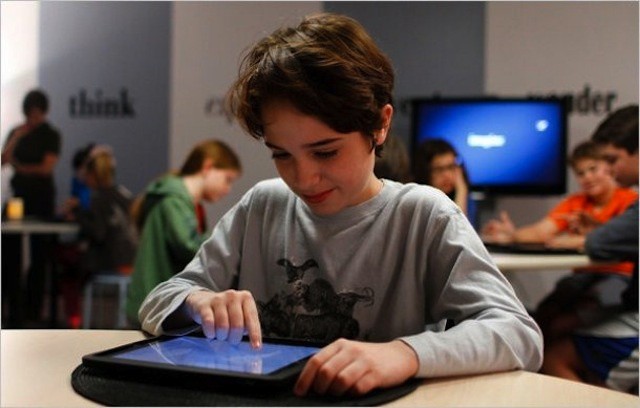
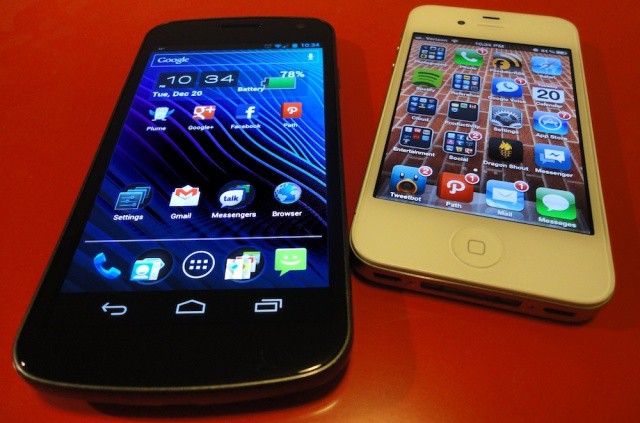

![Dolphin Browser For iPhone Gets Voice Controls And More In Latest Update [Updated] Dolphin Sonar gives you complete control over your browser using only your voice.](https://www.cultofmac.com/wp-content/uploads/2012/04/photo.jpg)

![Apple Could Be Working On A Physical Game Controller For iOS Devices [Rumor] Gameloft's Modern Combat series of first-person shooters would be so much better with a physical controller.](https://www.cultofmac.com/wp-content/uploads/2012/04/Modern-Combat-3-for-iOS.jpg)

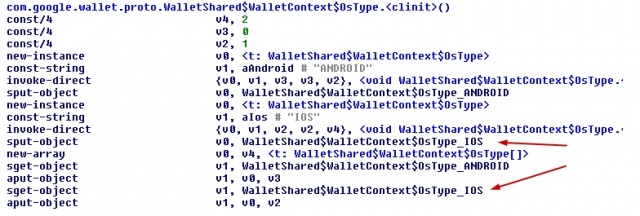
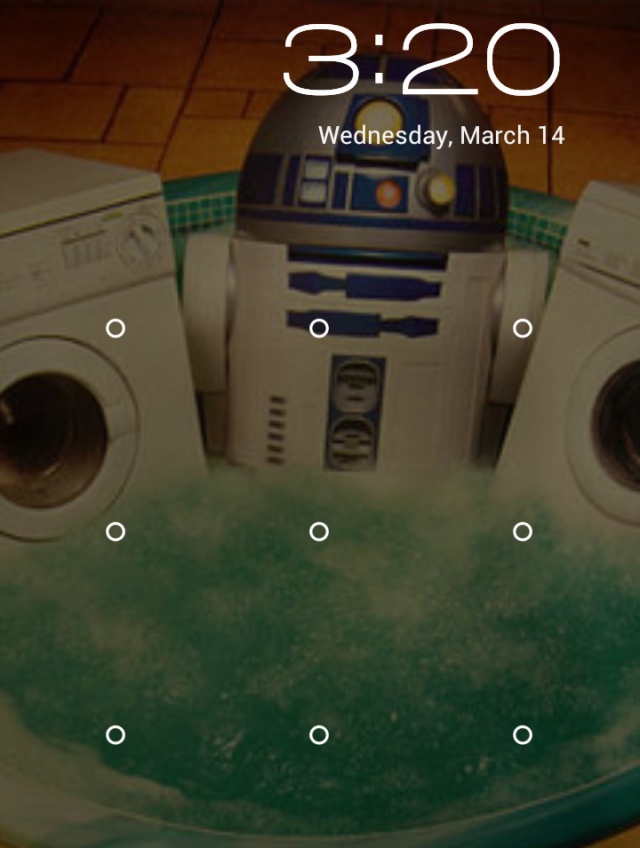
![FTC Says Apple Must Reveal Details Of iPhone Search Deal With Google [Subpoena] Will Apple and Google finally part ways?](https://www.cultofmac.com/wp-content/uploads/2012/03/iphone_safari_search.jpg)

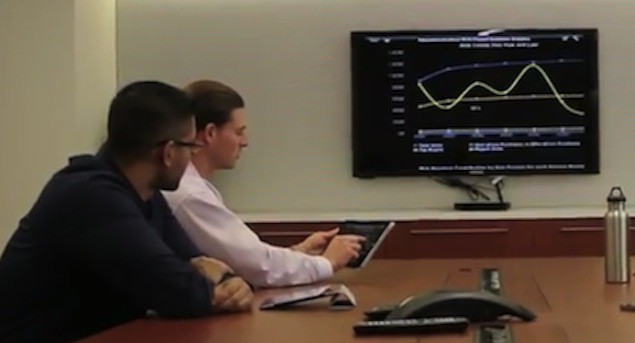

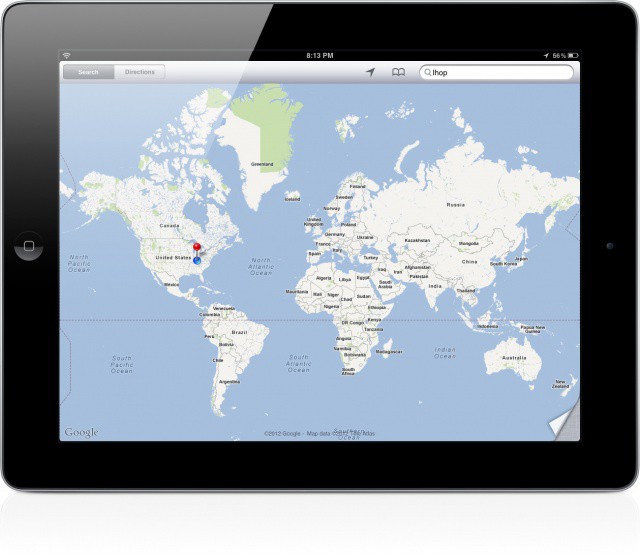
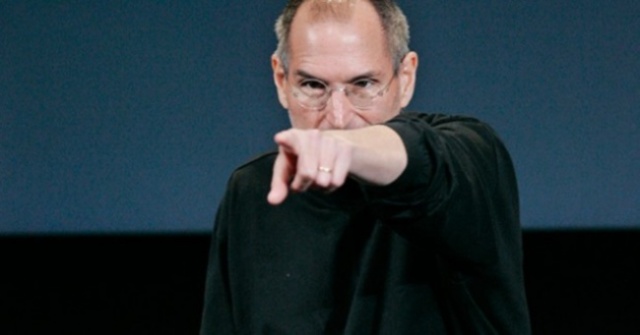

![Playing Devil’s Advocate: My Month With Windows Phone [Feature] iPhone-vs-Windows-Phone](https://www.cultofmac.com/wp-content/uploads/2012/03/IMG_0003-2.jpg)
